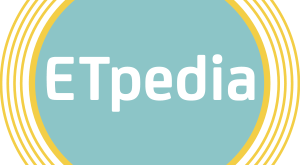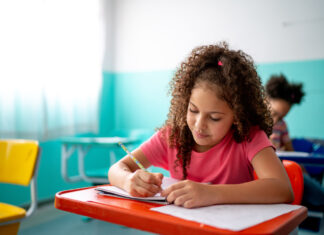Here you’ll find a wealth of practical and creative English language ideas to use in the classroom. Whether you’re an experienced ELT professional or just starting out, the ETpedia blog is full of fresh new ideas to inspire you in your teaching.
The emotions of inclusion: Building classrooms where everyone belongs
Recently, I had an experience that left me feeling excluded. It wasn’t dramatic, I was hanging out with a bunch of people I seemed...
Meaning, form and pronunciation of complex sentences?
Perhaps this blog is partially an admission of guilt. It is also something I hope to share with future trainees, because it is a...
Managing the classroom starts with us!
As many of us start a new school year, it pays off to think carefully about strategies we are planning to put in place...
“AI, like the internet and extensive reading, will replace teachers”
Gerhard Erasmus explores why he believes it is unlikely that AI, like the internet will replace teachers and explains why this is not...
Managing the lot
Classroom management and disciplining
So let’s start first with the terminology. If you were asked to write a definition of classroom management, what would you...
Young Learner Exams – Who is it for?
Every month, I make a short video that we post on our social media. These are mostly to promote the school, but also to...
Shy or Unsafe? Why some learners struggle with speaking in the language classroom
“Okay, turn to your group and share your ideas, you’ve got 5 minutes!” I look around the room and whilst the majority of my...
Value or valued? Are you dating or married?
In a recent consultation session with a school manager, I used an analogy that came to me at the time, and I am going...
Grammar me this, grammar me that
Before we get started, please do not take any of the examples in this blog as evidence of anything. They are purely to get...
Beginning well in 2025: prioritising well-being in the classroom and beyond
As 2025 begins, many of us are likely to reflect and set resolutions for the year ahead. Whilst it is great to set measurable results such as ‘use technology in the classroom 3 times a week’ or ‘read 20 books related to teaching’, these statements often overly focus on the outcome. Setting intentions is more process-oriented and focuses on our overall way of being and the strategies and support needed, rather than fixating on an end result. In this blog, Anna Hasper talks about setting intentions for our well-being to begin 2025 well.












